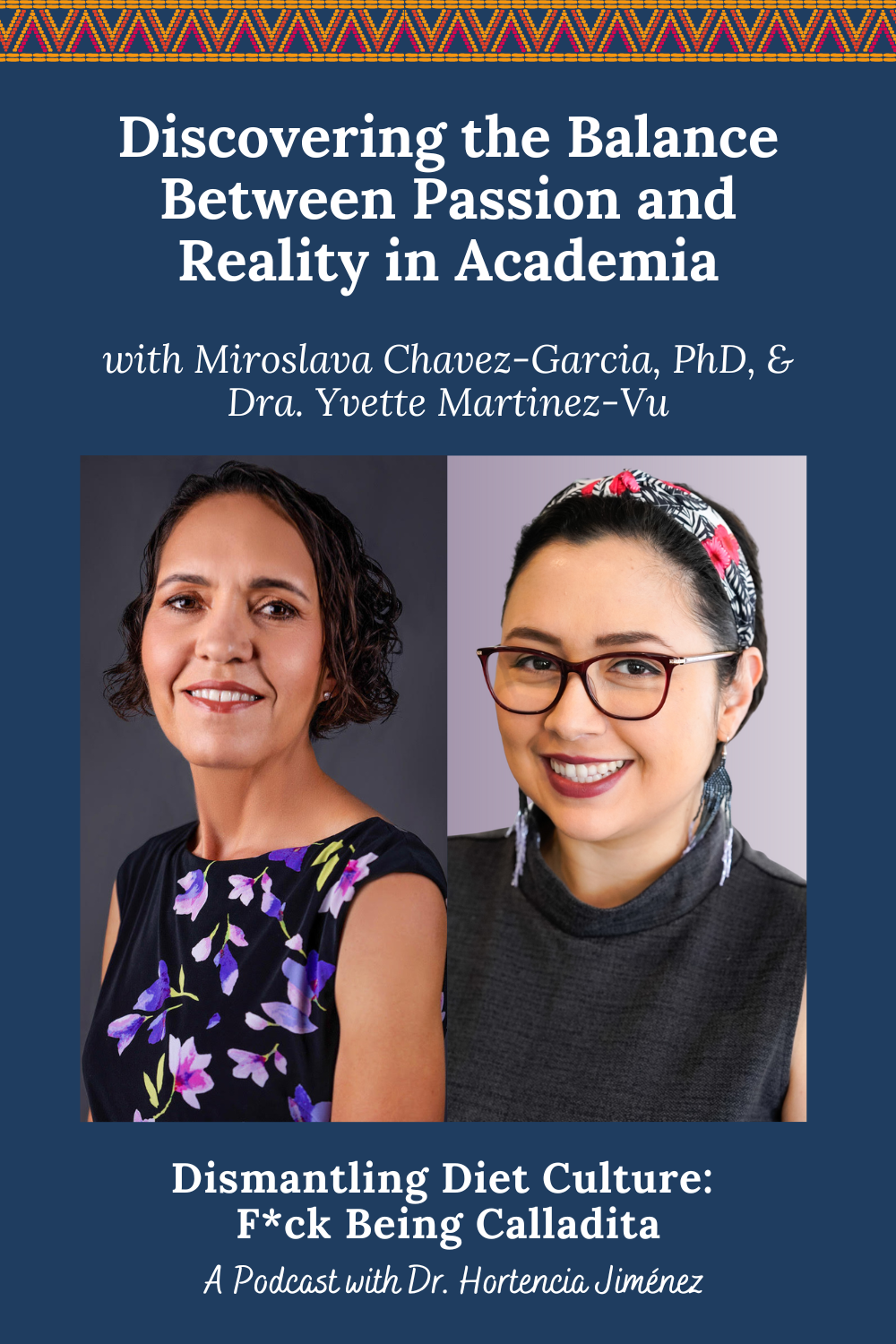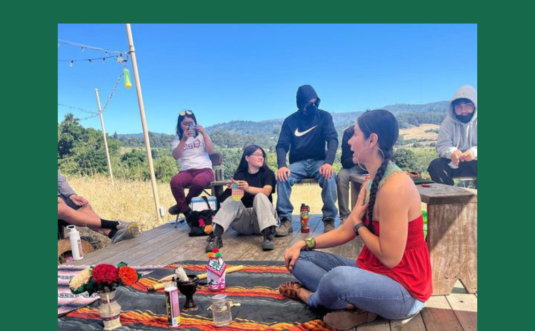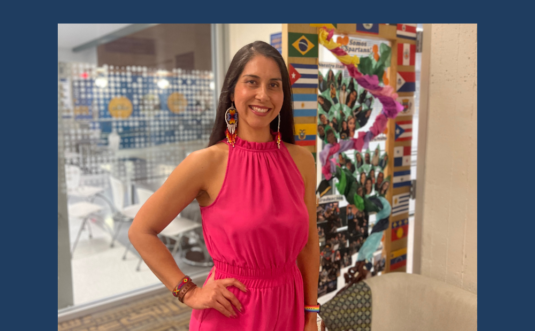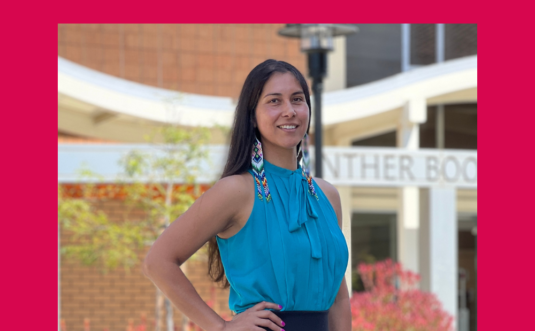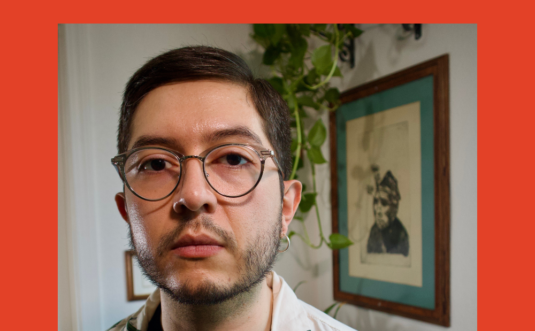Welcome to another enlightening episode of Dismantling Diet Culture: Fuck Being Calladita. In Episode 91, we dive deep into the question many of us ponder: “Is Grad School for Me?” Joined by distinguished guests, Dr. Miroslava Chavez Garcia, a Professor of History at UC Santa Barbara, and Dra. Yvette Martinez-Vu, a grad school productivity coach and co-host of the Grad School Femntoring podcast, we explore the intricacies of academic pursuits, the hurdles faced by marginalized communities, and the importance of self-care.
The Drive Behind Academic Pursuits
One of the key discussions of this episode revolves around the motivations that propel individuals toward academia. Dr. Miroslava Chavez Garcia articulately reflects on her journey, highlighting the representation of marginalized voices in her research. As a Mexican woman, Dr. Chavez Garcia shares her struggles with internalized stereotypes and imposter syndrome. Her drive to dismantle these stereotypes and to prove herself constantly has been a significant force pushing her academic endeavors forward.
Fellow academic, Dra. Yvette Martinez-Vu, echoes similar sentiments. Despite facing immense pressure to prioritize research over her beloved mentorship roles, Dra. Vu emphasizes her commitment to guiding students, further highlighting her transition from academia to entrepreneurship. Both guests underline the collective passion to enlighten and educate, even amidst personal and systemic challenges.
Balancing Mental Health and Academic Responsibilities
As host Dr. Hortencia Jimenez and our guests elaborate, there is a continuous negotiation between battling stereotypes and protecting one’s mental health. Academia is demanding, particularly for people of color who often find themselves taking on additional service roles that exhaust their energy and time. Dr. Chavez Garcia’s words resonate with anyone who has felt the weight of expectations, saying, “The stress of academia, coupled with the lack of structural support, makes it crucial to have a community of supportive colleagues.”
Dra. Vu reinforces this by sharing her experience of the physical and mental toll of overextending herself. She describes the importance of self-care and making informed, personal decisions about pursuing graduate school. For Dra. Vu, her transition from academia to entrepreneurship was driven by a need to align her professional life with her passions while maintaining her well-being.
The Collaborative Writing Journey
The highlight of this episode was perhaps the journey Dr. Chavez Garcia and Dra. Vu embarked upon together—authoring their book “Is Grad School For Me?” This collaboration is a culmination of their shared experiences and dedication to supporting marginalized communities. The book offers a historical context of education for underrepresented groups and acts as a practical guide for prospective grad students.
Dr. Chavez Garcia emphasized how this book is more than just rhetoric; it’s a product of their commitment to mentorship and practical guidance. Dra. Vu echoed this sentiment, pointing out that their book includes practical tools such as email templates and sample essays to assist first-generation, BIPOC, low-income, working-class, and non-traditional students.
Mentorship and Community Support
Throughout the podcast, the theme of mentorship and community support weaves itself through the conversation. Both guests stress the importance of having mentors and supportive networks in navigating the academic landscape. Dra. Vu’s anecdotes about how mentorship helped her overcome imposter syndrome remind us of the power of guidance and accountability.
Dr. Chavez Garcia shares the challenges faced by first-generation and BIPOC faculty, including the often invisible labor of diversity-related roles and committees. She notes the emotional and professional toll these responsibilities take but also underscores the essential nature of community and networking among supportive colleagues.
As we wrapped up this episode, I was left reflecting on the shared wisdom of my guests. Academia is certainly not a one-size-fits-all journey. It demands passion, resilience, and a strong support system, especially for those from underrepresented communities. Whether you’re contemplating grad school or already deep into your academic journey, remember that it’s okay to prioritize your mental health and well-being.
For those interested in exploring this topic further, I highly recommend picking up a copy of “Is Grad School For Me?” by Dr. Miroslava Chavez Garcia and Dra. Yvette Martinez-Vu, is available with a discount on their website using a specific code from UC Press. Engage with Dra. Vu through gradschoolfemtoring.com, Instagram, or LinkedIn, and find Dr. Chavez Garcia via the UC Santa Barbara history department’s faculty page.
Meet Today’s Guests:
Miroslava Chávez-García is Professor of History at the University of California, Santa Barbara, and holds affiliations in the Departments of Chicana/o Studies and Feminist Studies as well as Iberian and Latin American Studies. She also currently serves as the Faculty Director of the McNair Scholars Program. Dr. Yvette Martínez-Vu is a first-generation chronically ill and neurodivergent Chicana academic coach, author, and speaker. She is the producer and host of the globally top-rated Grad School Femtoring Podcast and founder of Grad School Femtoring, LLC where she empowers first-generation students of color as they navigate higher education. Dr. Martinez-Vu is the co-author of the forthcoming book, Is Grad School For Me?: Navigating the Application Process for First-Gen BIPOC Students with the University of California Press, and co-editor of the bestselling Chicana M(other)work Anthology with the University of Arizona Press.
https://history.ucsb.edu/faculty/mchavezgarcia/
chavezgarcia@ucsb.edu
gradschoolfemtoring@gmail.com
